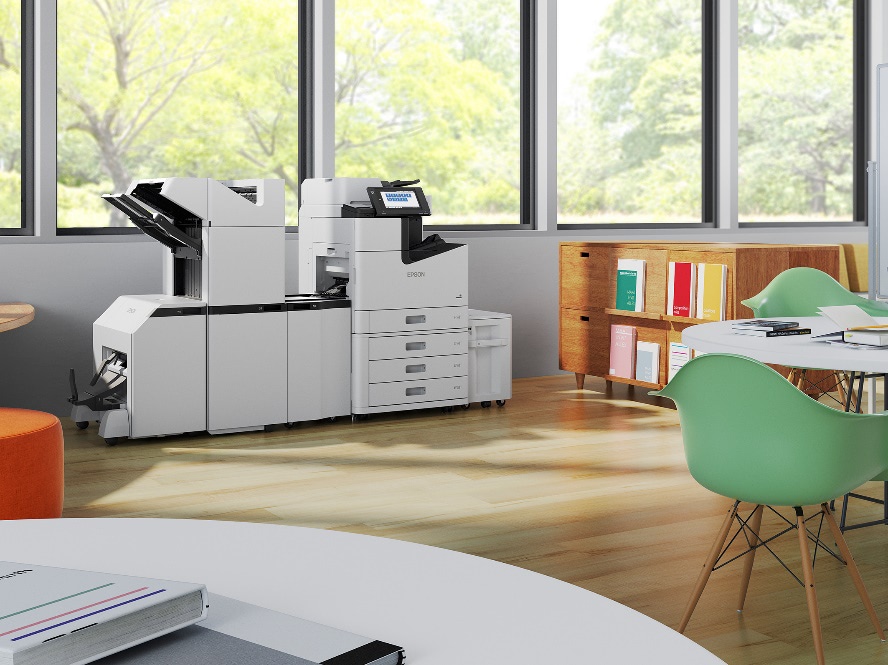Education sector gain wider access to sustainable print technology as Epson secures position on NEPA 2 framework

Global technology manufacturer Epson has secured a position on the NEPA 2 (National Education Printer Agreement) framework, giving education and the public sector a compliant route to securing Epson’s sustainable business inkjet technology.
The NEPA 2 framework, led by the North Eastern Universities Purchasing Consortium (NEUPC), is an agreement for printer manufacturers and selected resellers to offer MPS services to the whole of the Higher Education Sector. The remit of the NEPA 2 framework includes different lots that address different printing services and solutions offered by manufacturers via selected resellers. Epson have secured the maximum of 4 lots, meaning its Catalogue office-based product portfolio, managed print services, production (large format) printers and one-stop shop total solution – combination of MPS and Production) will be available through this framework.
Epson has been leading the industry shift away from high-energy consuming laser printing to energy-efficient, heat-free printing for over two decades in an effort to reduce the carbon footprint of the printing industry. With Epson’s inkjet printers now formally accessible via selected channel partners on the NEPA 2 framework, organisations in the charity, education, local government and other public sector segments can now reduce their energy consumption based on the printers they decide to install within their organisation.
Richard Wells, Head of Business Sales for Epson UK, said:
“This change marks a great milestone for the public sector in reducing its carbon footprint and it validates the commercial benefits our sustainable printing technology will offer resellers operating in this sector. Securing the agreements from NEPA 2 followed a long and in-depth review of Epson’s quality and sustainability policies, device location management, marketing strategy, and everything in between, and we’re pleased to be one step further in making inkjet the more commonplace alternative to laser.”











Responses